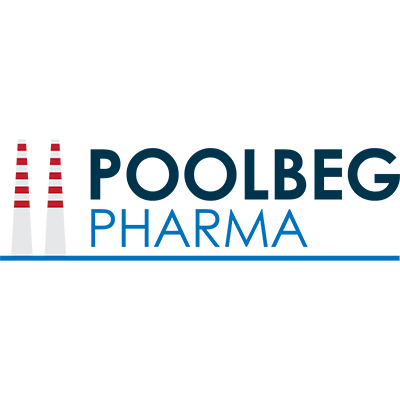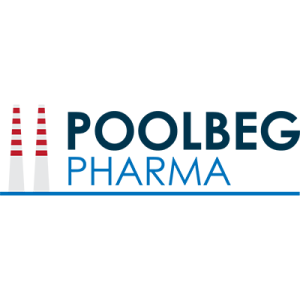Phase 2 Ready orally administered p38 MAP Kinase inhibitor – a preventative therapy targeting an addressable market of more than $10 billion.
POLB 001 aims to target the Cytokine Release Syndrome (CRS) associated with many cancer immunotherapy treatments which impacts >70% of patients undergoing CAR T or Bispecific Antibody therapy. Severe cases of CRS are life-threatening and may require intensive supportive care. Mild to moderate CRS can result in extended hospitalisation and high consumption of healthcare resources.
Rapid advancements in cancer immunotherapy are driving demand for effective CRS treatments. POLB 001 has the potential to positively impacting patients and healthcare systems worldwide by enabling broader, safer delivery of these therapies to the cancer patients who need them.
Poolbeg Pharma plc (LON:POLB) is a clinical stage infectious disease pharmaceutical company, with a novel capital light clinical model which enables us to develop multiple products faster and more cost effectively than the traditional biotech model.


